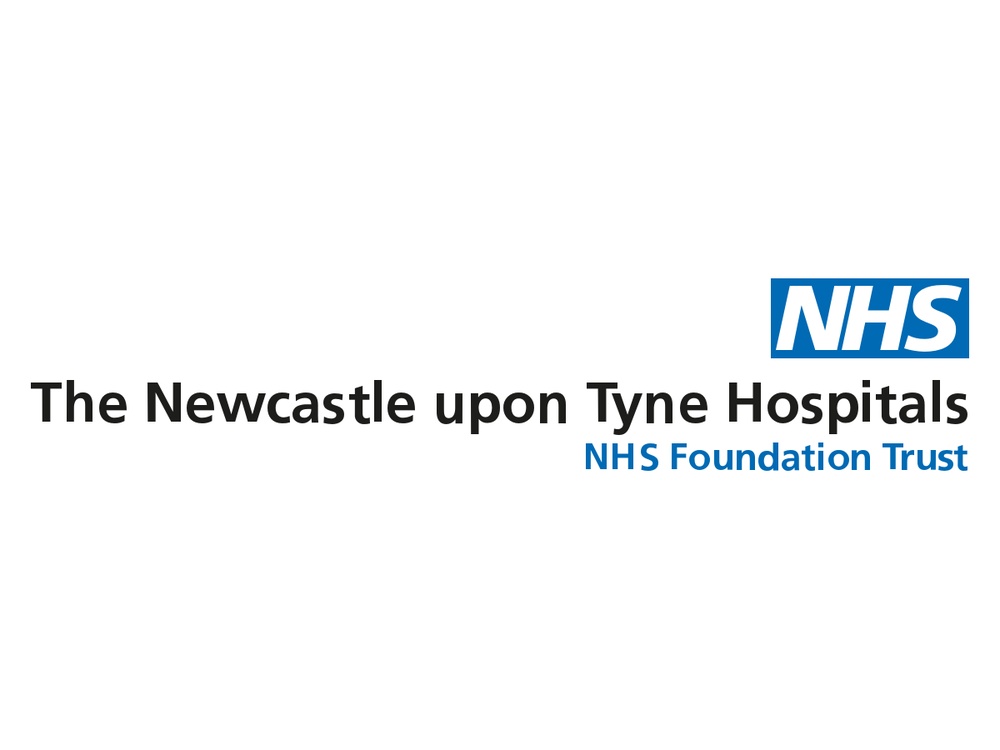What is this study about?
This study tests a new treatment for focal refractory epilepsy in patients with mitochondrial disease, called transcranial direct current stimulation (or tDCS).
TDCS uses constant, low direct current (2mA) delivered via electrodes on the head. The treatment is given for 20 minutes daily for a maximum of 14 days.
We believe that this treatment could calm seizures if given in addition to standard primary care.
Where will the study take place and who is responsible?
The study is being run by The Newcastle-upon-Tyne Hospitals NHS Foundation Trust (NuTH). Participating patients will need to be referred to NuTH but do not necessarily need to be seen in Newcastle.
If patients do not need to be admitted to our hospital in Newcastle, professionals will train the parents/carer of the patient to deliver the treatment at home. A portable device suitable for at-home treatments will be provided. Treatment sessions will be supervised remotely.
Who can take part?
To be considered for the trial, patients must be:
- Aged 2 years or over.
- Have a genetically proven diagnosis of mitochondrial disease.
- Have drug-resistant focal epilepsy (i.e. two antiepileptic drugs have not achieved sustained seizure freedom, ILAE).
- Have anatomically relevant changes defined by neuroimaging and/or scalp EEG.
What is involved in taking part?
To determine whether a patient is suitable for the study we will:
- Collect medical history and demographics (e.g. age, sex, ethnicity details).
- Do a physical examination.
- Collect a quality-of-life questionnaire (2x).
During the study period:
- Half of the participants will receive active tDC stimulation once daily from day one (early start group); the other half will receive sham stimulation at day one and two (late start control group) and then active stimulation from day three. 'Sham stimulation’ means stimulation will be paused for most of the stimulation period.
- Every participant will receive active stimulation for the remaining days to ensure optimal treatment (day 3-14 or until the patient is seizure free). Groups are assigned at random. Everyone involved in the study is blind to the group allocation (‘randomised-controlled’).
- Participants will be asked to complete a seizure diary three times daily during stimulation period.
- Optional: Participants will be asked to capture 1-2 minute videos daily to monitor seizure activity.
Are there any risks?
The study treatments are safe and well-tolerated by most people and will be monitored by experienced researchers. We will ensure before each treatment session that it is safe to undergo the procedure.
- During the tDCS or sham stimulation, there may be an itching or tingling sensation or skin redness and some people can experience a headache, light-headedness, drowsiness or discomfort at the site of stimulation.
- However, all these effects should be mild and relatively short-lived and before each treatment the scalp will be inspected for any skin irritations.
- Participants need to be available for the treatment every day for approx. 30 mins until their symptoms resolve for a maximum of 14 subsequent days.
Are there any benefits to taking part?
We cannot promise the study will help participants personally. However, study participation may mean earlier access to the tDCS treatment and may therefore result in earlier resolution of the epoch of seizure activity.
We hope to learn about the effectiveness of the tDCS treatment for mitochondrial disease from this research. This may help other people with the disease to receive this treatment in the future.
How do I find out more?
If you would like further information about the TRANSFORM trial, please contact:
Prof Robert McFarland at +44 191 282 5225, Dr Albert Lim [email protected] or Katrin Bangel [email protected].

